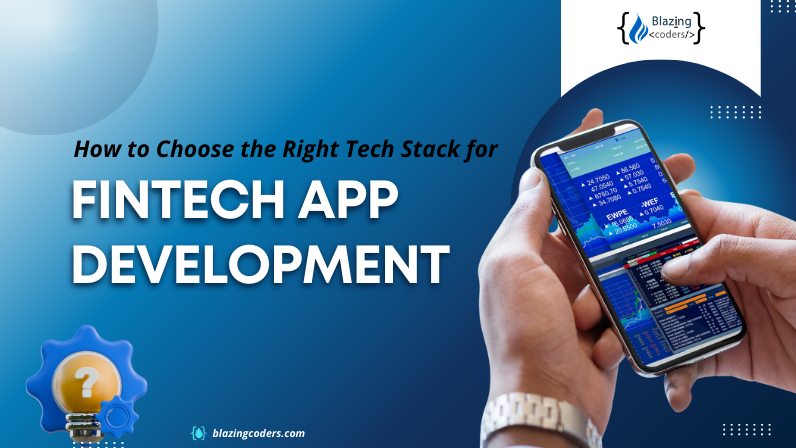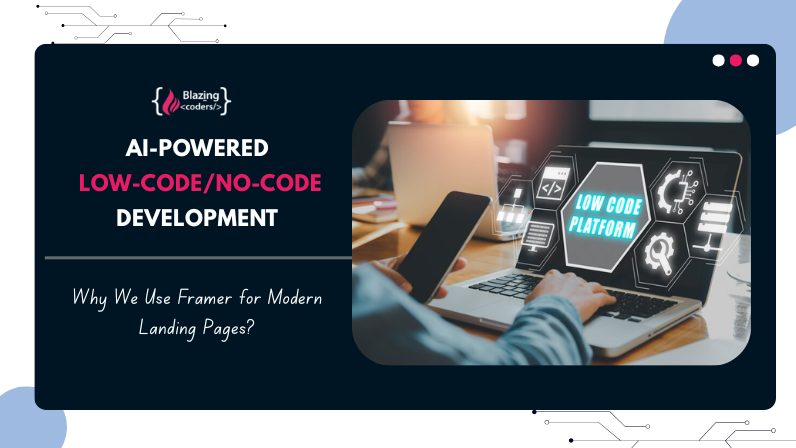Why We Use Framer for Modern Landing Pages – A Game Changer for No-Code Web Design
In today's fast-paced digital world, businesses demand sleek, fast, and responsive landing pages that not only look good but also drive conversions. Traditional web development methods, though pow
Read More




